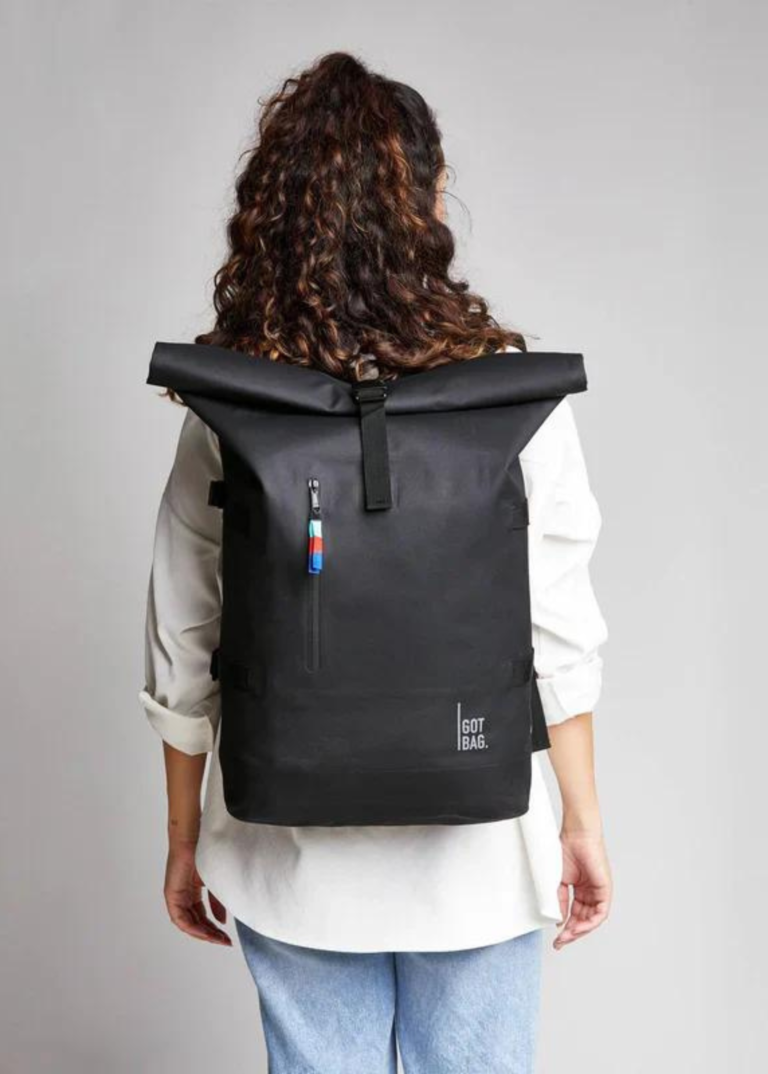
Image by freepik
Sustainability is a buzzword right now. If you do a google search on this term, you’ll find gazillion results. So what is it? and why is it important for us, now more than ever to lead a sustainable lifestyle?
What is Sustainable Living?
According to UN World Commission on Environment and Development (WCED), “sustainable development is a development that meets the needs of the present without compromising the ability of future generations to meet their own needs.”
In simple terms, a sustainable lifestyle is a way to live consciously i.e., trying to reduce our impact on natural resources while also protecting the planet for future generations.
Why is living sustainably important?
Our increased use of resources such as the burning of fossil fuels, cutting down forests, and farming livestock has led to climate change, pollution, increased waste, and water shortages. Scientists and environmentalists have repeatedly mentioned over the years that we are hurtling towards the day when climate change could be irreversible. So it becomes extremely crucial that we try to reduce our carbon footprint and help tackle these issues.
We don’t have to do everything. But we have to do something. Even small individual practices can make a huge difference.
How to live a more sustainable lifestyle?
Here are some easy tips for eco-friendly living or building a more sustainable lifestyle. You may already be doing a few of these things, or perhaps all of them, which is fantastic! But hopefully, you’ll pick up some opportunities to do your bit towards a better planet.
1. Save energy

There are many ways to reduce your household’s energy use such as:
-turning off the lights when leaving a room,
-switching off appliances when not in use,
-using LED lighting or CFL bulbs instead of incandescent lighting,
-purchasing energy-efficient appliances,
-hanging clothes to dry instead of using a drier,
-opening up blinds or curtains and,
-using as much natural light as possible before switching on the light bulbs.
2. Use renewable energy
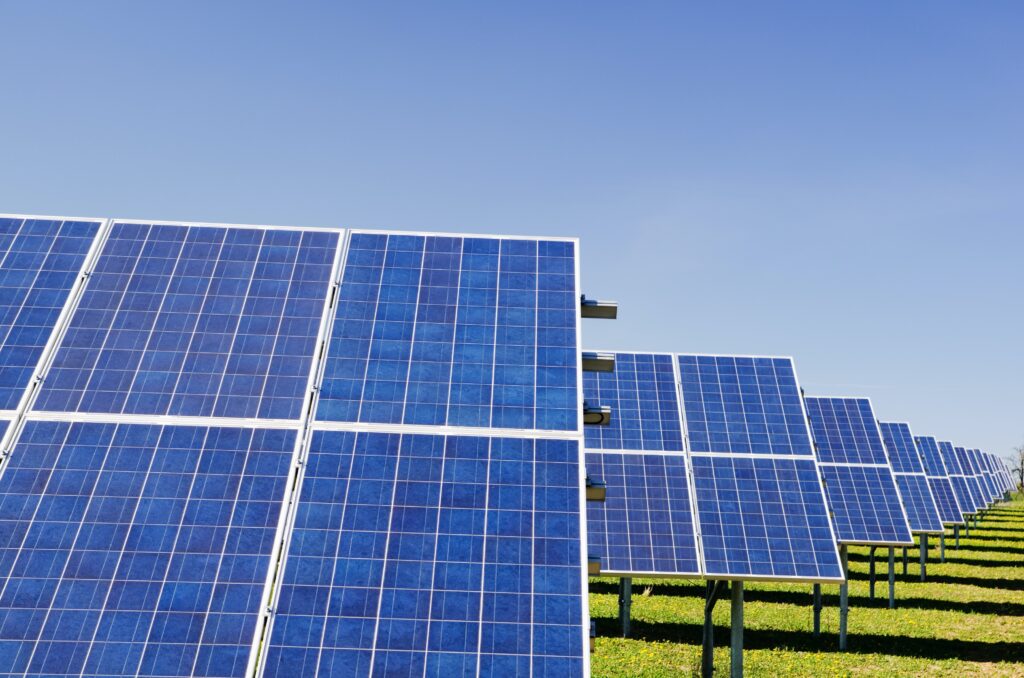
If possible go off-grid and install solar panels at home. Replace petrol or diesel-fuelled cars with electric ones.
3. Eat consciously

Eat more whole foods. Cut down on meat consumption. Not only what you eat matters but also how you eat it. Store food in recyclable containers made with steel or glass. Purchase products that utilize environment-friendly packaging designs.
4. Try to cut out plastic

Leading a plastic-free life is challenging but we can try to live with less plastic. There are a few simple ways to achieve this :
- Reusable water bottles – Always carry reusable water bottles with you like stainless steel drink bottles instead of buying bottled water.
- Reusable straws – Use paper straws or reusable straws made with metal, glass, and bamboo.
- Reusable grocery bags– Bring your own jute or cloth bag whenever you go grocery shopping.
5. Reduce, Reuse, and Recycle
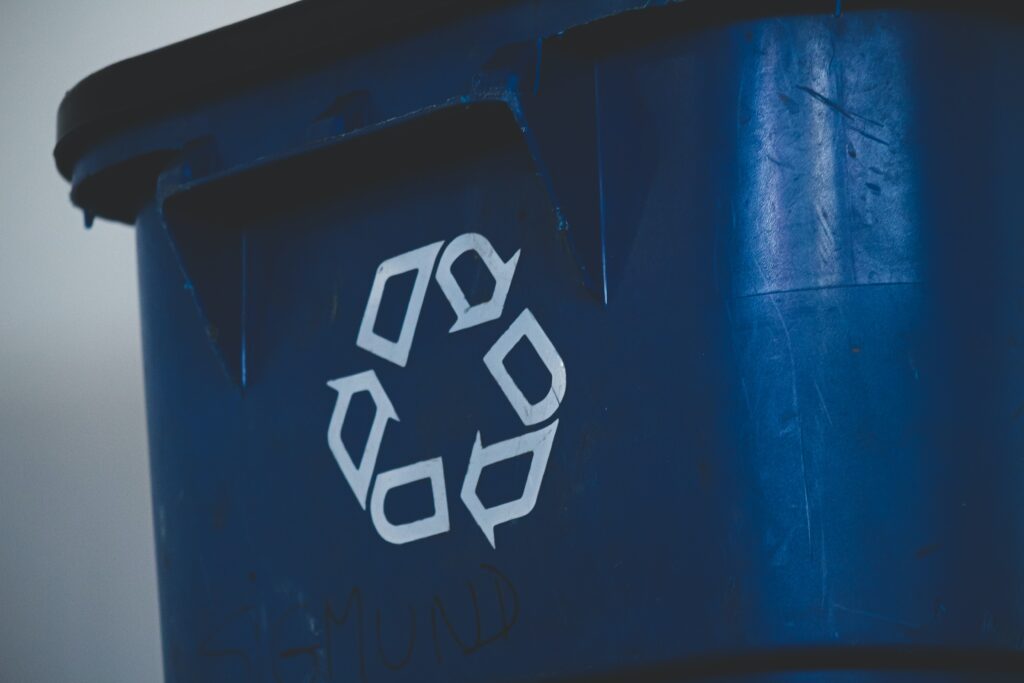
We should try to reduce our need to buy new products unless necessary, reuse existing items as many times as possible before throwing them away in bins, and recycle products that are no longer in use so that they can be recycled into the same products or different products.
Here’s a list of items that can be recycled easily at home.
6. Sustainable commuting
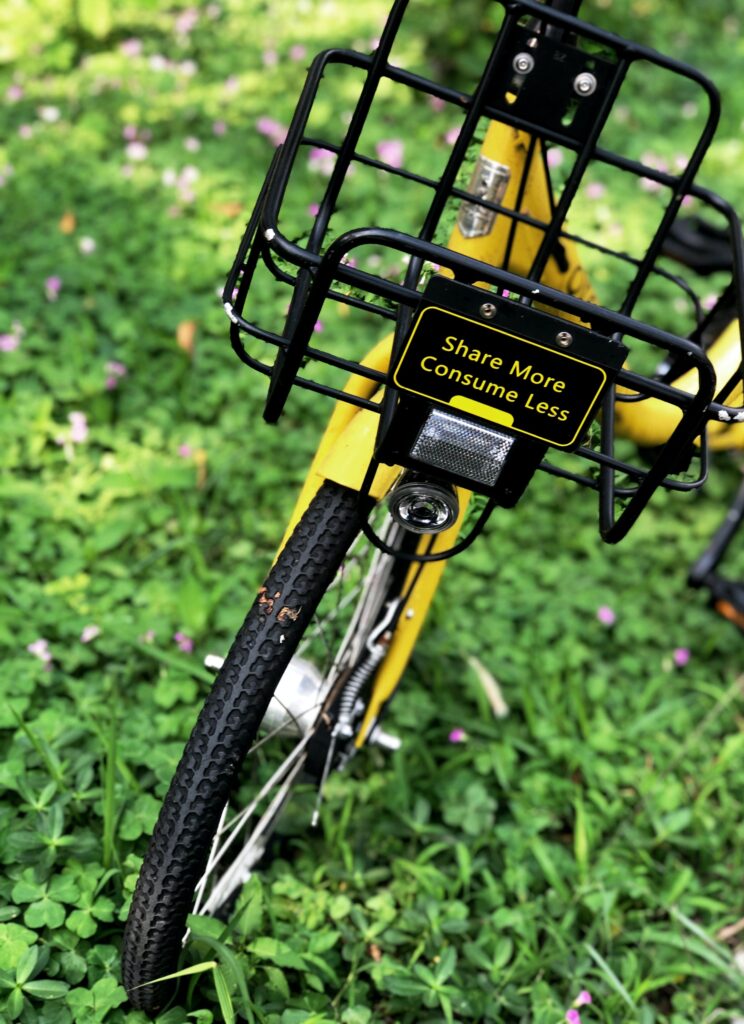
Consider walking or biking to your destination instead of driving if it’s close enough. Using public transportation or car-pooling is another great way to help decrease emissions and save money.
7. Donate unused items

If you don’t use a product or wear a piece of clothing anymore, give it to a charity, shop, or someone you know who would make use of it to help reduce waste.
8. Don’t waste food

Reduce your food waste by eating only what you need. If you have leftovers, store or freeze them for the next meal. If they do go off, use them to create compost for your garden.
9. Go paperless

Opt to receive digital letters over emails and only print off documents if necessary. If possible, use a phone, tablet, or computer for note-taking.
10. Grow your own food
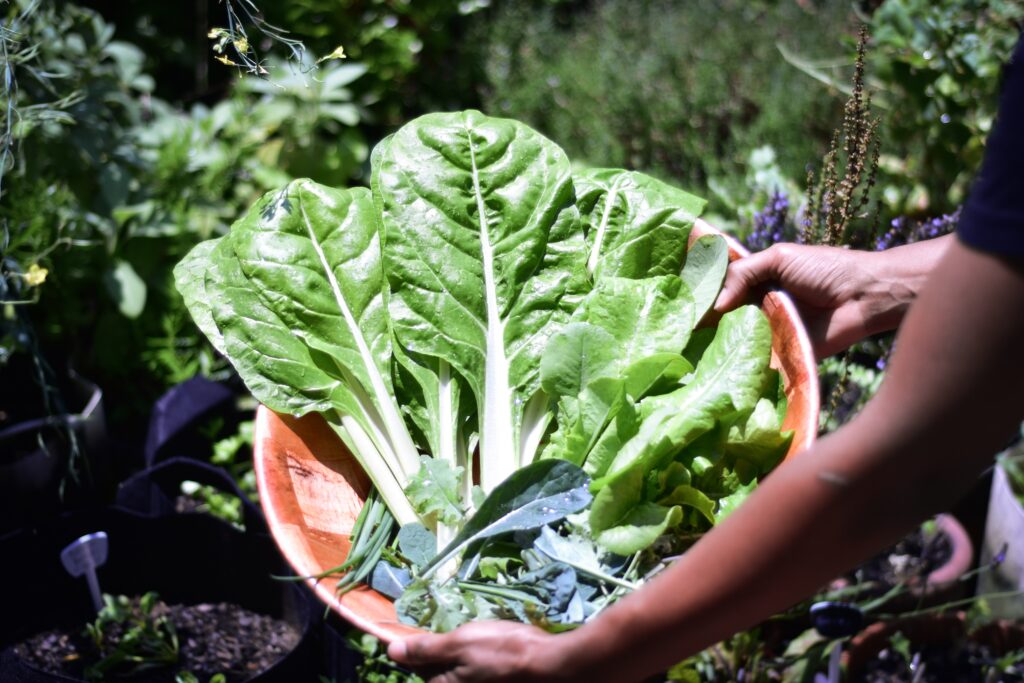
Growing your own food doesn’t have to be difficult. There are many herbs, fruits, and vegetables that don’t require a great deal of effort to grow. Plant them in small planters or make a small kitchen garden. Also, by growing your own fruits and vegetables, you can ensure that you’re not using pesticides that will contribute to water and air pollution.
Here are some easy-to-grow vegetables you could plant in your garden.
11. Save water

We can save water in and around our homes by making a number of small changes. Read a few water-saving tips on how to use less water in your home and garden.
12. Use eco-friendly cleaning products

Some cleaning products contain toxic substances and chemicals that can be harmful to the environment and our health. Great thing is that if you are concerned about the ingredients in most commercial cleaners you can opt to make your own homemade cleaners or purchase those with plant-based formulas.
13. Plant some trees

Trees are incredibly important for our natural global environment and for our well-being. They help clean the air we breathe, filter the water we drink, fight climate change, provide habitats for numerous species of flora and fauna, and support full-time jobs and incomes for local communities. Because trees are so important, they need our unconditional care and protection.
There are various ways in which we can contribute to tree plantation:
Volunteer or plant a tree by yourself – Planting a tree or two by yourself or joining a tree plantation drive is a great opportunity to do something positive for your local environment and community by getting your hands dirty.
Get involved with reforestation charities – There are numerous reforestation NGOs or environmental charities you can donate to who will plant trees on your behalf.
Plant trees by surfing the web – Ecosia is a green Google. It plants trees in deforested areas around the world with its ad revenue. It’s an amazing service, no sign-ups are required. You just search the internet using ecosia and get the search results. It’s one of the easiest and cost-free ways to reduce your carbon footprint.
14. Wear sustainable clothing and use green cosmetics

The fashion and beauty industries are one of the world’s most polluting industries. They are known for using toxic chemicals and heavy use of plastics, especially in their packaging. Sustainable fashion houses and green cosmetics (cruelty-free organic products) have also sprung up worldwide, producing eco-friendly collections. So, whenever you’re choosing clothing or cosmetics, you can look for brands that are doing their best by implementing initiatives to protect the planet.
15. Spread awareness

Since natural resources are finite and precious, it becomes more and more important to use them wisely and educate the masses. Get the word out about climate change, environment conservation, and sustainability to friends, family, and people all over the world through means of social media, books and documentaries recommendations, writing articles and creating videos, and attending rallies or marches. The more informed people are, the better they can be at sustainable living.


